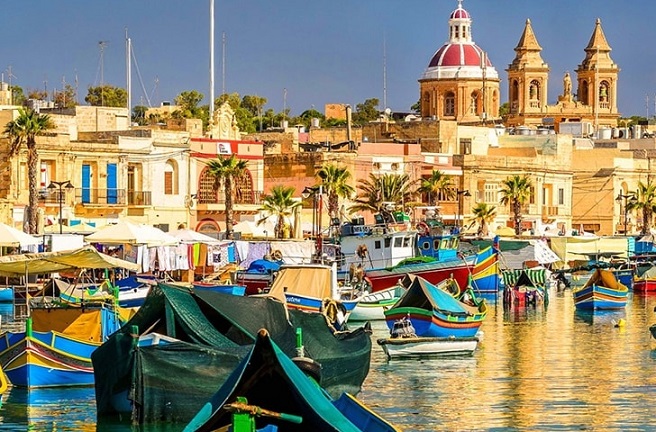Russian businessmen choose to buy Malta’s passport

Last week the government published the full list of people who were granted Maltese citizenship during 2016, including those who had purchased their citizenship through the Individual Investor Programme (IIP).
Under the IIP, high-net worth individuals can obtain Maltese, and therefore EU citizenship, against a fee of €650,000, as well as €150,000 in government bonds and a €350,000 investment in property. A physical presence is not required for applicants to prove residency.
Russia's business elite are snapping up Maltese passports amid EU and US sanctions.
Over 700 wealthy Russians have purchased Maltese citizenship so far – including Arkady Volozh, owner of Russia’s largest search engine Yandex, Alexey De-Monderik, co-founder of major cybersecurity firm Kaspersky Lab, and Alexander Mechatin, CEO of Russia’s largest private spirits company Beluga Group, a Bloomberg report has suggested.
Bloomberg reported that the interest shown by Russia’s wealthiest businessmen in the IIP will drive home an uncomfortable truth to Putin – that the country’s business elite do not feel attached to his “besieged fortress project”. The report goes on to mention how Putin had reacted to the EU’s Ukraine-related sanctions in 2014 by offering Russian businessmen a two-year amnesty to repatriate their funds. However, the amnesty proved unpopular, with only some 2,500 Russians opting to declare and repatriate their foreign assets.
But the names of wealthy foreign nationals stand out as the most likely to have paid the €1.1 million in fees, Maltese bond, and Maltese real estate investments that it costs to get nationality. It came out after the previous country's legal gazette showed that 40 percent of new passport buyers in 2015 were also Russians. This deal is not offered by any other EU state.
The European Parliament condemned it in 2014, saying EU citizenship "shouldn't be for sale at any price," and has regularly returned to the issue. The Maltese government, however, is not budging. Apart from allowing visa-free travel to more than 160 countries, its passport lets its owner live, work and do business anywhere in the European Union. So demand is high, and in 2016, it allowed Malta to go from a budget deficit to a surplus. Citizenship sales contributed 163.5 million euros to government revenue in that year.

